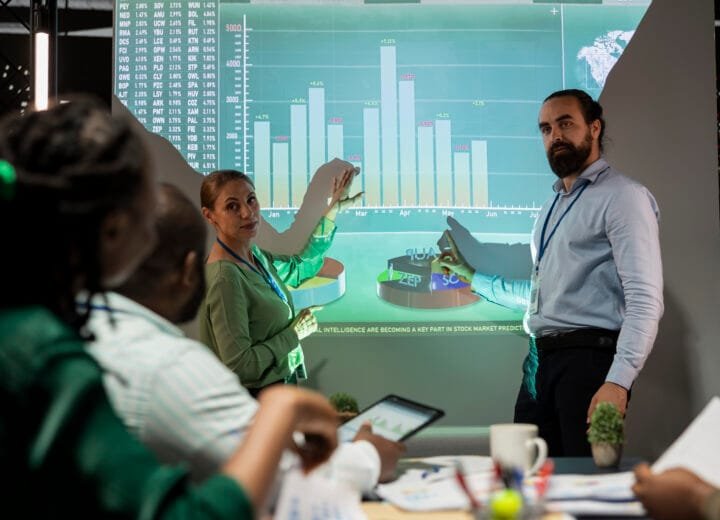According to Dr. Knoster, there are five elements required for effective change: vision, skills, incentives, resources and an action plan. If any of these five things are missing, there is a corresponding ‘symptoms’. In this blog, we will discuss about Ingredients of Change Management.
It may seem simple, but the model is powerful. For example, if a leader senses a high level of frustration from the followers regarding a change he/she wants to implement. This chart could help to realize that the followers may need more resources. If the followers are confused, then the vision may not have been clearly articulated.
The other most challenging experiences in management is developing a sense of ‘buy in’ from all the stakeholders. Many change initiatives may yield less than optimal results. Several projects cannot be completed in an efficient manner without everyone working towards the same goal and believing in its success.
People resist change for a myriad of reasons. A lot of these reasons are emotional, such as anxiety about the unknown; fear that the change will result in a loss of control or status; stress that the change will result in a greater workload or new adaptations; worry about appearing inept or having to learn new things; and memories of previous change experiences that caused an upheaval.
This things to know for Successful Change Management
- How do you get all the stakeholders to gain a sense of satisfaction and ownership?
- How do you use the vast body of research and resources available on change management to help you influence and inspire your employees to adopt your vision for change?
- How do you address their feelings and make them see the change is beneficial? Do let us know your thoughts in the comments below.




